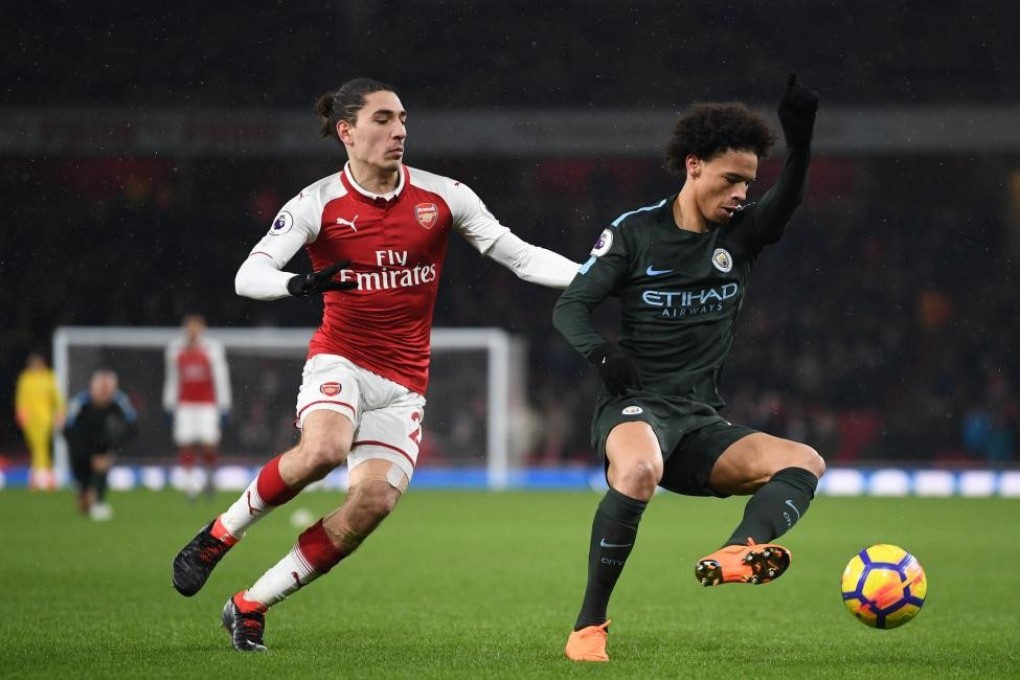Opinion | A tug of war between the emirates: Abu Dhabi and Dubai – two brothers battling in sports
- Sports – or rather, investments in sports – have become a vehicle for competition in Abu Dhabi and Dubai’s fight for prominence
- The UAE is a growing influence on global sport

Some 15 years ago, English Premier League (EPL) football matches between Manchester City and Arsenal were innocuous affairs – perhaps aside from a little north-south antagonism, which, at the time, sometimes characterised these games.
Nowadays, fixtures between the two EPL giants are more pointed, though off the pitch rather than on it. And there’s a reason for this.
Behind each club sits a constituent of the United Arab Emirates (UAE). In City’s case, it’s Abu Dhabi; for Arsenal, it’s Dubai.
The Abu Dhabi United Group acquired the Manchester club in 2008, and has since lavished financial resources on it. Aside from the talent City has acquired, the most visible sign of Abu Dhabi’s investments is the logo of its state airline – Etihad – in the middle of the team’s shirts.

In Arsenal’s case, the club’s shirts are sponsored by Emirates Airlines, Dubai’s state-owned national carrier – and so is the club’s stadium. As a matter of fact, the stadium has only ever been known as “the Emirates” following the signing of a long-term naming rights deal when the club first moved into its new facility in 2006.

